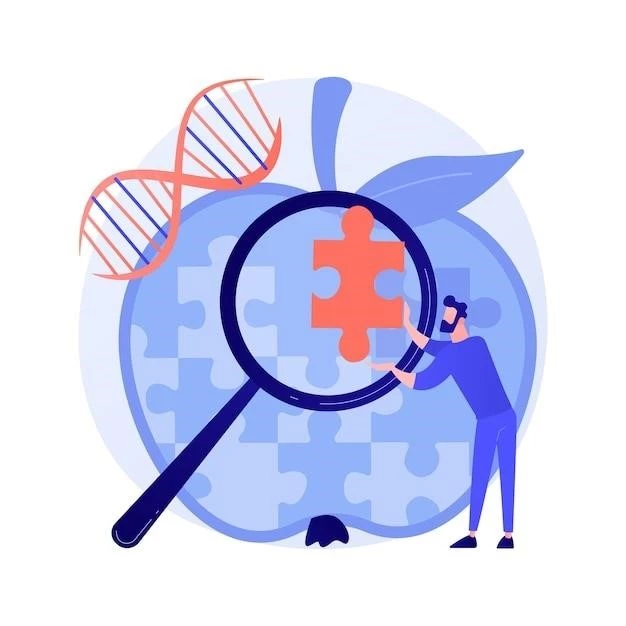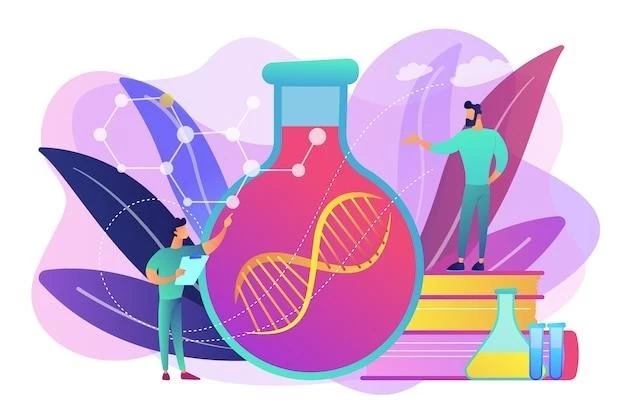Introduction
Zellweger spectrum disorder, Noonan syndrome, and multiple endocrine neoplasia are among the syndromes discussed․
Zellweger spectrum disorder, Noonan syndrome, and multiple endocrine neoplasia are among the syndromes discussed․ Rare genetic disorders and the impact of Leigh syndrome as a mitochondrial disease are highlighted, along with genetic testing and family screening recommendations․
Causes and Symptoms
Explore various genetic changes leading to syndromes like Zellweger spectrum disorder, Noonan, and MEN syndromes․
Explore various genetic changes leading to syndromes like Zellweger spectrum disorder, Noonan, and MEN syndromes․ Rare genetic disorders, impact of Leigh syndrome, genetic testing, and family screening are crucial aspects of understanding N syndrome․
Overview of N Syndrome
Zellweger spectrum disorder, Noonan syndrome, and multiple endocrine neoplasia are among the syndromes discussed․ Rare genetic disorders and the impact of Leigh syndrome as a mitochondrial disease are highlighted, along with genetic testing and family screening recommendations․
Types of Syndromes
Zellweger Spectrum Disorder, Noonan Syndrome, and Multiple Endocrine Neoplasia Syndromes are prominent examples․
Zellweger Spectrum Disorder
Zellweger spectrum disorder is a rare inherited condition characterized by the absence/reduction of peroxisomes, key for fatty acid oxidation․ This autosomal recessive disorder includes neonatal adrenoleukodystrophy and infantile Refsum disease within its spectrum․
Noonan Syndrome
Noonan Syndrome is a genetic disorder that can affect various physical aspects including facial features, heart problems, and developmental delays in children․ The condition is caused by an inherited gene change and may lead to slower development in areas such as walking, talking, and learning․
Multiple Endocrine Neoplasia (MEN) Syndromes
Multiple Endocrine Neoplasia (MEN) syndromes encompass MEN Type 1, MEN Type 2A, and MEN Type 2B․ These hereditary syndromes are linked to mutations in specific genes and can affect multiple endocrine glands, leading to various symptoms depending on the subtype․ Family inheritance patterns play a crucial role in the development of MEN syndromes, emphasizing the importance of genetic testing and family screening for early detection․

Genetic Disorders and Rare Diseases
Discover rare genetic disorders impacting a small segment of the population, including metabolic and mitochondrial diseases․
Rare Genetic Disorders and Their Impact
Rare genetic disorders like N Syndrome affect a small fraction of the population, with symptoms typically appearing in newborns and infants due to genetic mutations․ These disorders, such as Leigh Syndrome, have a significant impact on affected individuals, leading to various physical and developmental challenges that require specialized care and attention․
Leigh Syndrome⁚ A Mitochondrial Disease
Leigh Syndrome, a mitochondrial disease, presents symptoms like feeding issues, seizures, and continuous crying typically from 3 months to 2 years of age․ It is caused by an inherited gene mutation with no current cure, often leading to fatality in affected children by the age of 3․

Diagnosis and Screening
Explore the importance of genetic testing for multiple endocrine neoplasia syndromes and the significance of family screening․
Genetic Testing for Multiple Endocrine Neoplasia Syndromes
Genetic testing plays a key role in diagnosing multiple endocrine neoplasia syndromes, aiding in identifying specific gene mutations responsible for the disorders․ This testing is vital for confirming diagnoses, examining inheritance patterns, and guiding personalized treatment strategies․
Importance of Family Screening
Family screening is crucial for multiple endocrine neoplasia syndromes as these conditions can be inherited․ Identifying affected family members through genetic testing allows for early detection and implementation of appropriate monitoring or treatment strategies․
Comparison⁚ Syndrome vs․ Disease
Understanding the difference⁚ a syndrome is a collection of symptoms without a clear cause or treatment path, while a disease has a defined cause, course, and treatment․
Distinguishing Between Syndromes and Diseases
A syndrome is a collection of symptoms that occur together but lack a clear cause or defined treatment plan, while a disease has an identified cause, course, and established treatment protocols․
Current Research and Advancements
Discover the latest developments in treating N syndrome, including cutting-edge research and advancements․
Latest Developments in Treating N Syndrome
Stay informed about the most recent advancements in the management and treatment of N syndrome to improve patient outcomes․
